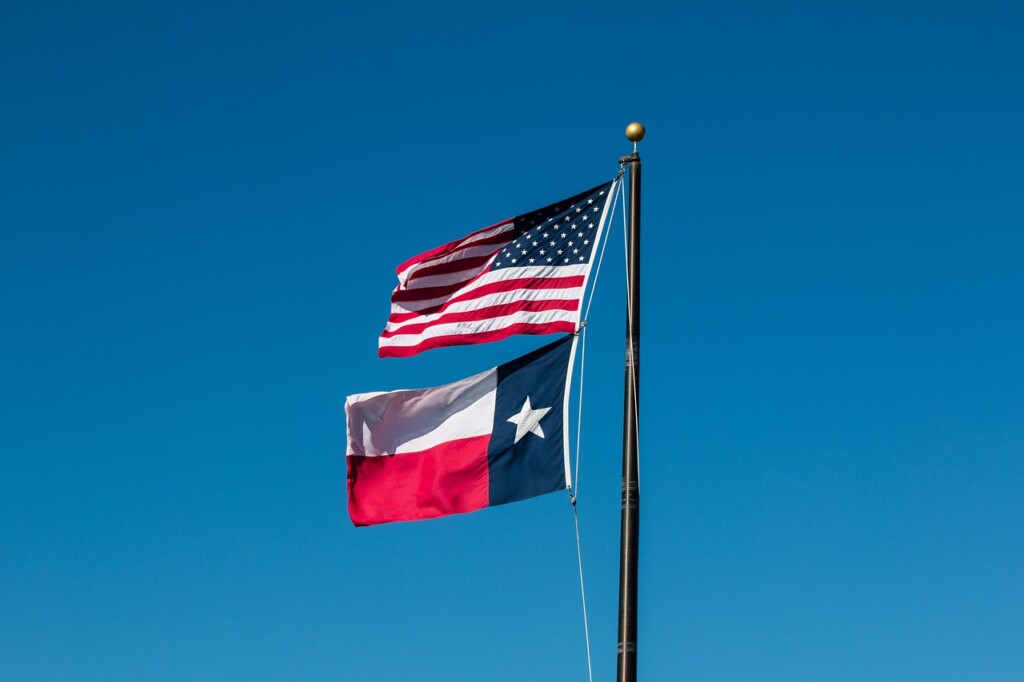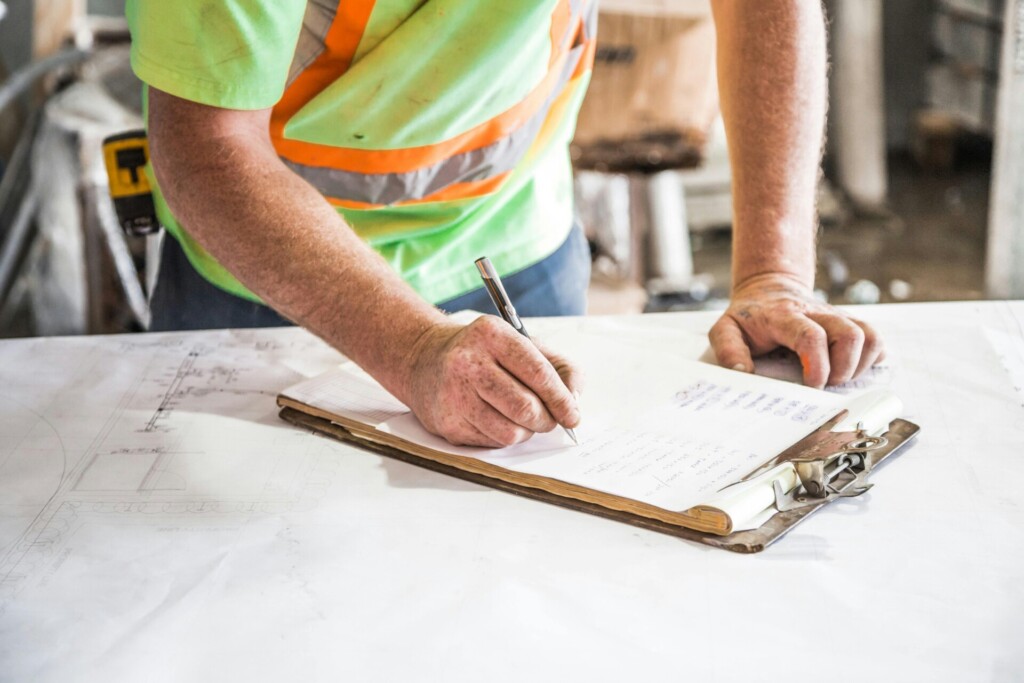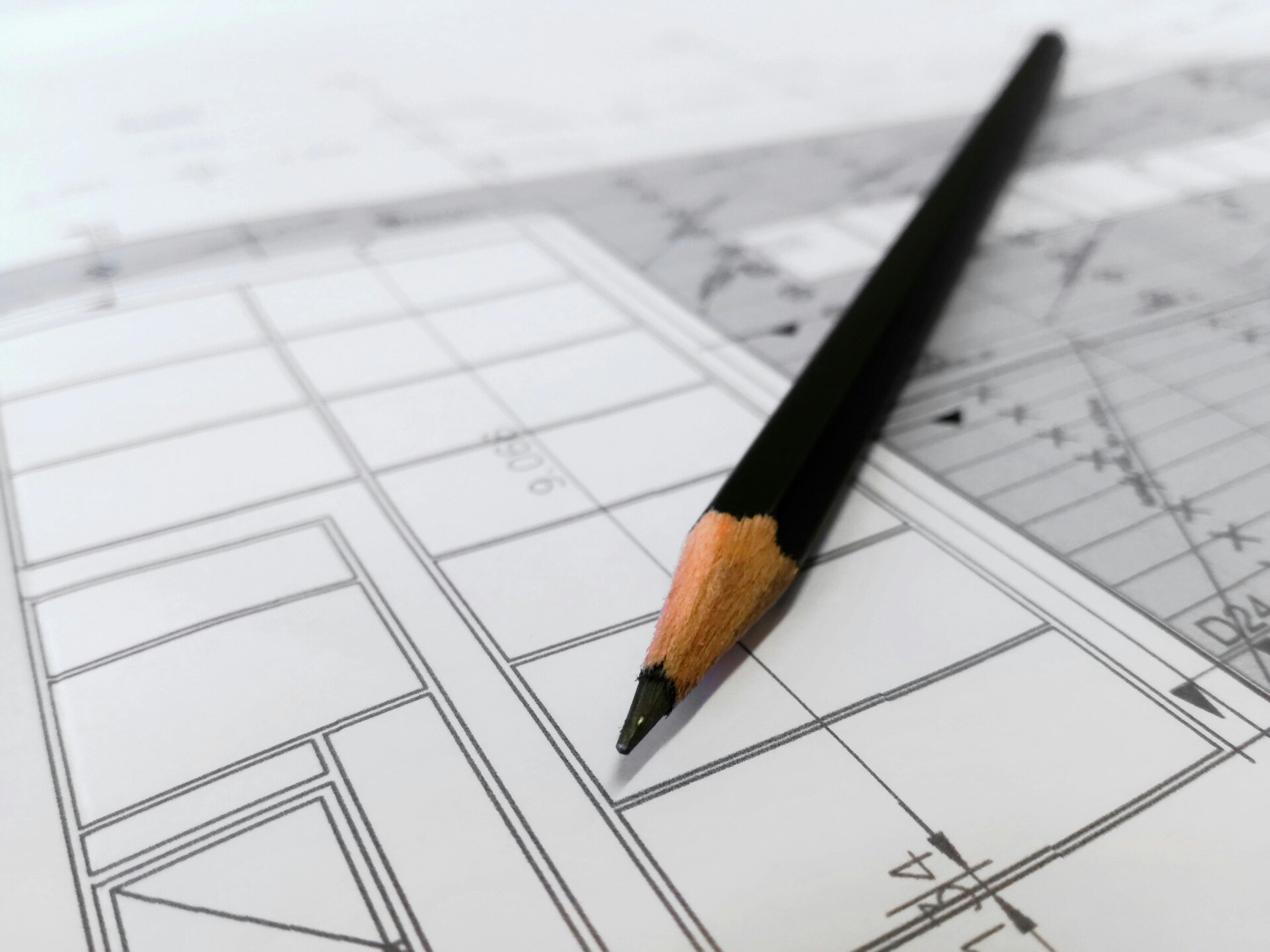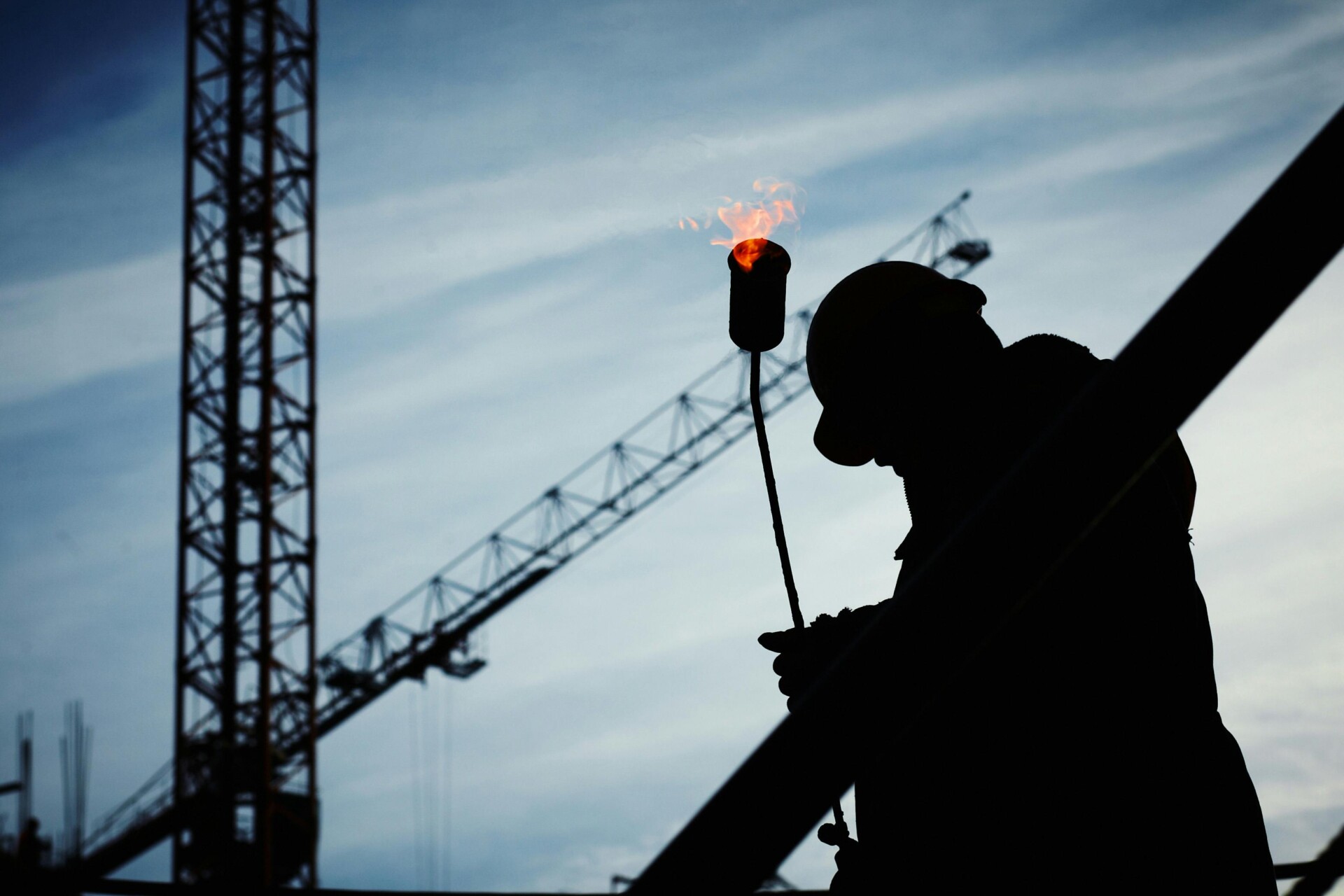Dallas building code requirements follow a precise framework of International Code Council model codes, enhanced with local amendments tailored to the city’s specific construction needs. As of May 12, 2023, Dallas operates under the 2021 code cycle for most disciplines, with the exception of electrical systems, which use the 2020 National Electrical Code.
This approach gives developers and property owners a comprehensive regulatory landscape covering building, residential, plumbing, mechanical, energy conservation, existing buildings, fuel gas, and swimming pool and spa systems. We work within this framework daily, managing construction feasibility assessments and coordinating compliance across all code disciplines throughout the Dallas metropolitan area.
Which Construction Codes Has Dallas Adopted With Amendments?

Dallas has established comprehensive code chapters that organize each construction discipline under the Dallas City Code. Each code chapter represents a specific 2021 International Code Council edition with Dallas-specific local amendments.
The City of Dallas has adopted the following construction codes with local amendments:
- 2021 International Building Code (Chapter 53) – Commercial and non-residential construction standards
- 2021 International Residential Code (Chapter 57) – Single-family and duplex construction requirements
- 2021 International Plumbing Code (Chapter 54) – Water supply, drainage, and plumbing fixture standards
- 2021 International Mechanical Code (Chapter 55) – HVAC systems and mechanical equipment regulations
- 2021 International Existing Building Code (Chapter 58) – Renovation and alteration standards (effective June 13, 2022)
- 2021 International Fire Code (Chapter 16) – Fire prevention and safety requirements (effective February 10, 2023)
- 2021 International Energy Conservation Code (Chapter 59) – Energy efficiency standards for buildings
- 2021 International Fuel Gas Code (Chapter 60) – Natural gas and propane installation requirements
- 2021 International Swimming Pool and Spa Code (Chapter 62) – Pool construction and safety standards (effective June 13, 2022)
- 2020 National Electrical Code (Chapter 56) – Electrical installation and safety requirements (effective June 13, 2022)
- 2015 International Green Construction Code (Chapter 61) – Sustainable building practices and green construction standards
Most code chapters became effective May 12, 2023, with several exceptions that had earlier implementation dates. The staggered effective dates reflect Dallas’ careful approach to code transitions and stakeholder preparation periods.
We track these code adoptions and effective dates closely during our project planning phases. Each chapter contains both the base International Code Council standards and Dallas-specific amendments that address local construction conditions and municipal requirements.
How Does The Dallas Building Code 2021 Modify The IBC?
Dallas takes the International Building Code 2021 and modifies it to address local conditions through targeted amendments and additional chapters. The base IBC 2021 establishes fundamental requirements for fire safety, occupancy classifications, height and area limitations, means of egress, and structural design standards. These core provisions form the foundation of commercial construction requirements across the city.
The city’s approach allows us to maintain consistency with national construction practices while addressing Dallas-specific concerns. The amendments typically focus on regional climate conditions, local construction methods, and municipal administrative procedures that differ from the standard model code assumptions.
Dallas-Specific Local Chapters
Beyond the standard IBC chapters, Dallas has added several local chapters that address unique municipal needs. Chapter 36 covers Signs, establishing regulations for commercial signage that align with the city’s development standards. Chapter 37 addresses Moving of Structures, providing procedures for relocating existing buildings within the city limits.
Chapter 38 establishes Fencing requirements that coordinate with zoning regulations. Chapter 39 covers Tents and temporary structures used for events and construction activities. Chapter 40 provides Demolition of Structures requirements that address safety protocols and debris management specific to urban environments.
Chapter 41 focuses on Building Security measures that reflect current safety concerns in commercial developments. Chapter 42 covers Unity Agreements and the Dissolution of Common Boundary Lines for Building Code Purposes, addressing property development scenarios common in urban redevelopment projects. Chapter 43 establishes the Green Building Program, promoting sustainable construction practices aligned with the city’s environmental goals.
Implementation And Effectiveness
These local chapters work alongside the standard IBC appendices to create a comprehensive regulatory framework. The Dallas Building Code 2021 became effective May 12, 2023, providing construction teams with updated requirements that reflect current building practices and safety standards.
We coordinate our construction planning with these local requirements from project inception through final inspections. The additional chapters often influence site planning, structural coordination, and construction sequencing decisions that affect overall project delivery. Understanding both the base IBC requirements and Dallas-specific modifications ensures our projects meet all applicable standards while maintaining construction efficiency.
How Do Texas State Minimums Shape Dallas Requirements?

Texas establishes mandatory baseline standards for construction across all municipalities through state law. These statewide minimums create a foundation that Dallas builds upon with its local code adoptions and amendments.
The state adopts the International Residential Code for housing projects and the International Building Code for commercial buildings. For electrical systems, Texas mandates the National Electrical Code statewide. Fire safety requirements follow the International Fire Code, with the Uniform Fire Code applying in specific situations.
How Local Adoption Authority Works
Texas law grants municipalities the authority to adopt later editions of these state-mandated codes. This approach allows cities like Dallas to implement more current construction standards while maintaining the state minimums as a baseline.
The legislation specifically permits local governments to adopt newer code editions for their jurisdictions. Dallas exercised this authority by adopting the 2021 code cycle for most construction disciplines, moving beyond the older state minimums. The city chose the 2020 National Electrical Code, which represents a more recent edition than some state requirements.
Code Access Through Adoption By Reference
Texas employs an “adopted by reference” system for building codes. This means the actual code text comes from publishers like the International Code Council and National Fire Protection Association, not from state statutes themselves.
When we need to review code requirements, we access the publisher’s materials or the city’s posted amendments. The state law identifies which codes apply and which editions are required, but the detailed technical requirements appear in the publisher’s documents. This system keeps the legal framework streamlined while ensuring access to comprehensive technical standards.
For HVAC and mechanical systems, Texas establishes minimums through multiple codes: the International Mechanical Code, Uniform Mechanical Code, International Fuel Gas Code, International Energy Conservation Code, and relevant sections of the International Residential Code. Plumbing requirements draw from both the Uniform Plumbing Code and International Plumbing Code. Swimming pool and spa installations follow the International Swimming Pool and Spa Code statewide.
What Other Code Areas Matter For Dallas Compliance?
Beyond the structural and occupancy requirements, construction projects must coordinate across multiple technical disciplines. Each code area brings specific compliance requirements that we integrate into our construction approach.
Energy efficiency requirements operate under the 2021 International Energy Conservation Code with local amendments. The city requires an energy code compliance form for both residential and commercial construction. We coordinate thermal envelope testing, duct leakage verification, and mechanical ventilation airflow testing to meet these standards before final inspections.
Electrical systems must comply with the 2020 National Electrical Code as amended by Dallas. This includes specific provisions for installation methods, circuit protection, and grounding requirements that differ from standard NEC applications. We review these amendments during our electrical design coordination to prevent plan review delays.
Fire protection systems follow the 2021 International Fire Code with Dallas modifications. These requirements affect egress design, fire suppression systems, and emergency access provisions. Our construction sequencing accounts for fire department access needs and inspection schedules throughout the build process.
Pool and spa installations require compliance with the 2021 International Swimming Pool and Spa Code. This covers barrier requirements, electrical safety, and water circulation systems. We coordinate these installations with both building and health department inspections when projects include aquatic features.
These specialized codes work alongside the fuel gas provisions already covered in the Dallas code structure. Each discipline requires separate plan review submittals and field inspections. We verify current amendments before design development since Dallas posts updates to these technical requirements regularly.
Conclusion And Next Steps

Dallas construction codes center on the 2021 International Code Council editions with local amendments, alongside the 2020 National Electrical Code and additional Dallas-specific chapters. Success requires verifying current text and effective dates before beginning design work. Projects move smoothly when we confirm requirements early in the planning phase.
The City of Dallas construction codes page provides current adoptions and local amendments. Remember that codes are adopted by reference, meaning you need both the Dallas City Code and the publisher’s ICC Online Code Library for complete requirements. For energy compliance, submit the required Dallas energy code compliance form during permitting. Early coordination with plan review and field inspections keeps projects on track and ensures full code compliance throughout construction.
Contact EB3 Construction to navigate Dallas building code requirements for your next project.




